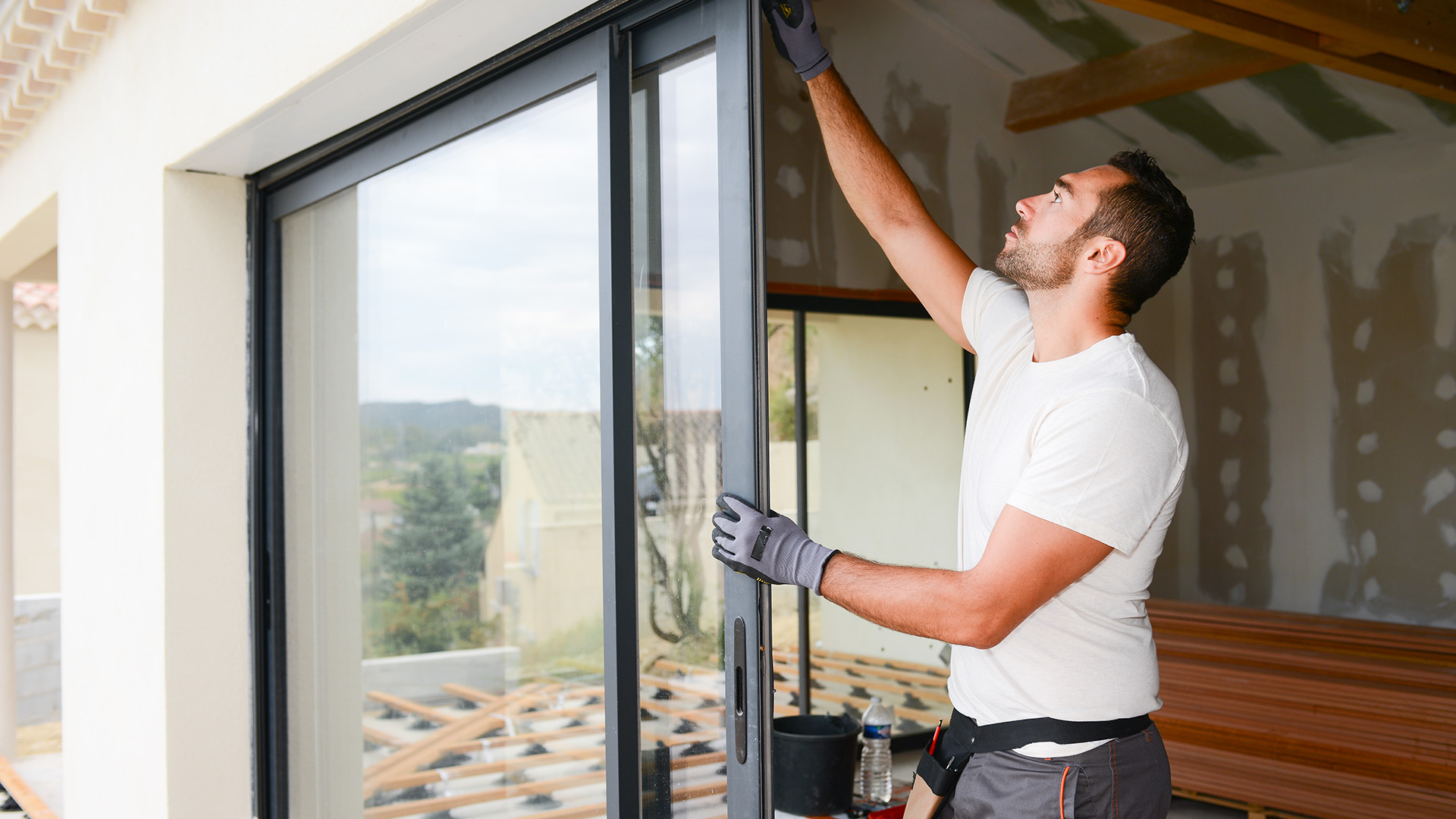How Do You Measure Efficiency of a Window?
Efficiency is one of the major factors that most individuals consider when getting new windows. Unfortunately, when it comes to efficiency, all windows are not the same. Some windows are known to be more efficient than others.
So, if you are looking for a window replacement, it is crucial to understand how you can measure the energy efficiency of a window. In general, numerous factors are used for measuring the efficiency of a window. These factors are highlighted below:
· U-Factor
This is a vital rating used for determining the amount of heat inside a property that can leave through a window. The U-factor rating ranges from 0.10 to 2.00. It is noteworthy that a lower number of U-factor ratings means that the window will lose less heat.
If you live in an area with cold climates, you should make sure that your windows have low U-factors. Such windows will lower the heating and cooling costs of your home. Besides, the windows will enhance the comfort of your property.
· Solar Heat Gain Coefficient (SHGC)
This particular rating is for determining the amount of heat from the sun that a window can allow to get into a property. The rating range of the solar heat gain coefficient is from 0.00 to 1.00. The lower the number of SHGC, the lower the heat gain.
People living in hot climates should focus on getting window replacement with a low SHGC.
· Visible Transmittance
Visible transmittance refers to the measurement of the amount of sunlight that gets into a property through a window. Typically, the rating range of visible transmittance is 0.00 to 1.00. The higher the visible transmittance rating of a window, the more natural light that can get into the property.
Notably, efficient windows should make it easy for natural light to enter into a property without allowing unwanted heat to get in. Such windows will ensure that you don’t have to rely on artificial lighting on your property. Besides, it can reduce your monthly electricity bills.
· Condensation resistance
Although condensation resistance is an optional rating for determining how a window can prevent moisture around and on a window’s interior. The rating ranges from 1 to 100. If the condensation resistance rating of a window is high, the window will have an excellent ability to prevent condensation around a window.
Windows with a high condensation resistance rating tend to protect your home against mold, mildew, and cold drafts.
· Air leakage
Another option method for measuring the efficiency of a window is known as air leakage. It helps to determine the air volume that can come into a property through a window. The rating can either be greater or lesser than 0.3. The lower the rating of a window, the lower the air that can leak through it.
Therefore, when next you are shopping for window replacement, you should carefully consider the efficiency of your preferred windows. Although efficient windows may be more expensive than inefficient ones, they offer a wide range of benefits.


Comments are closed.